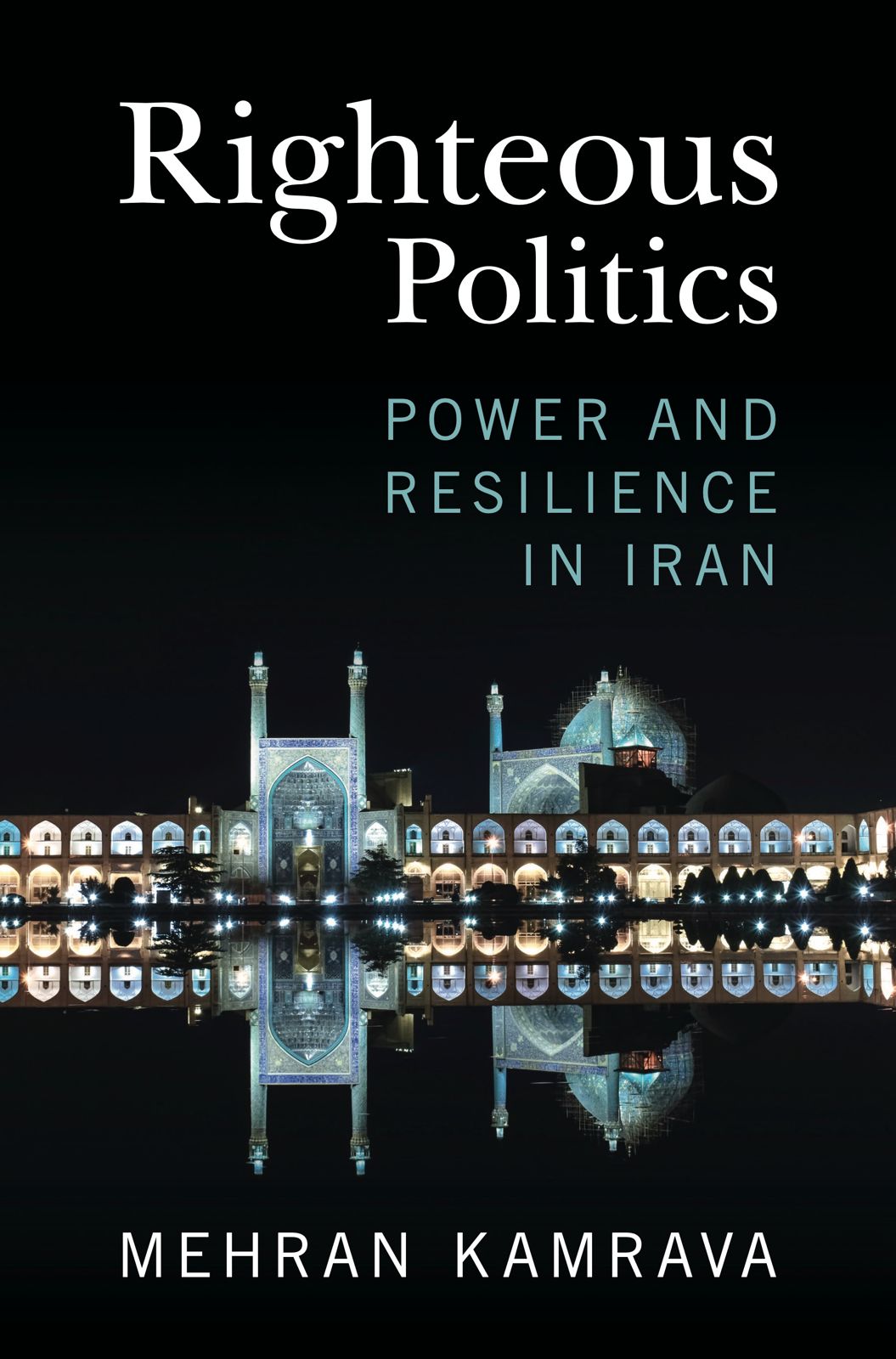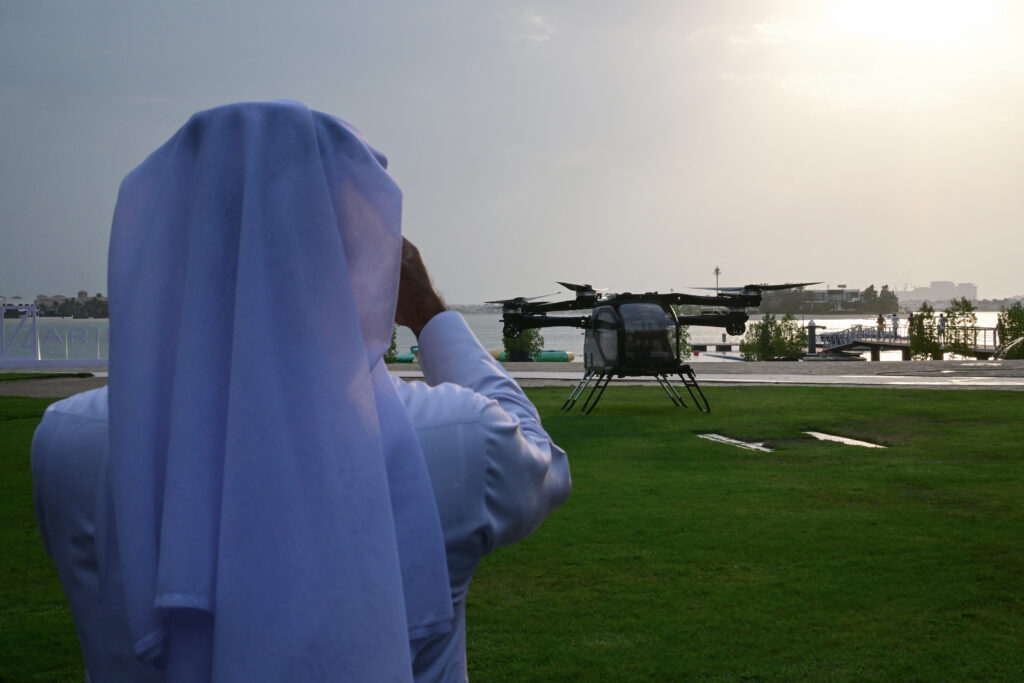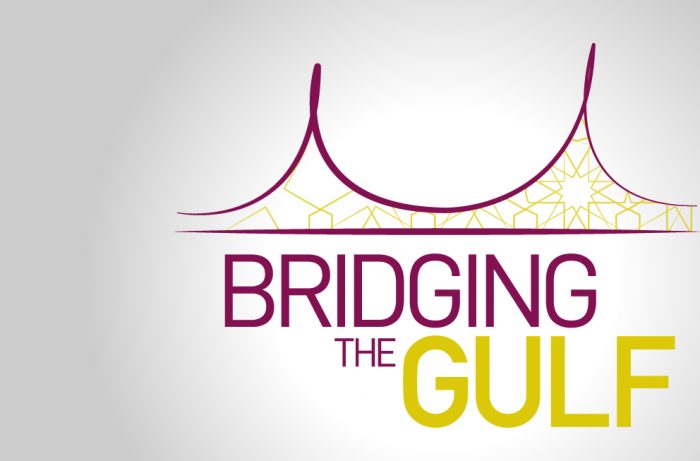
- 13 Mar 2024
[Book Talk] Righteous Politics: Power and Resilience in Iran
(This event is organised by MEI Political Economy research cluster.)
 On March 1, 2024, the Islamic Republic of Iran will hold elections for the sixth term of the Assembly of Experts. The major responsibility of this 88-man institution, comprising qualified clerics, is to choose the future supreme leader after Ayatollah Ali Khamenei’s death, or is rendered incapable of fulfilling the position’s responsibilities. Tehran’s political system, which relies on a complex set of institutional arrangements including a central personality, has held up despite internal strains.
On March 1, 2024, the Islamic Republic of Iran will hold elections for the sixth term of the Assembly of Experts. The major responsibility of this 88-man institution, comprising qualified clerics, is to choose the future supreme leader after Ayatollah Ali Khamenei’s death, or is rendered incapable of fulfilling the position’s responsibilities. Tehran’s political system, which relies on a complex set of institutional arrangements including a central personality, has held up despite internal strains.
Since the 1979 Revolution, Tehran has turmoil, from the war with Iraq in the 1980s to Donald Trump’s “maximum pressure” campaign more recently. Why and how has the Iranian system persevered despite its adversaries’ efforts, and self-inflicted wounds? What are the control mechanisms or safety-valve functions within the system that have kept it going? What can we expect from the day after Khamenei?
In this webinar, the Middle East Institute will host Professor Mehran Kamrava to explain Iran’s resilience and key findings from his recently-released book, Righteous Politics: Power and Resilience in Iran. Prof Kamrava will also touch on Tehran’s foreign policy domain, which he observes as increasingly securitised in recent decades.
This public talk was conducted online via Zoom on Wednesday, 13 March 2024, from 3 pm to 4 pm SGT/ 10am – 11 am Doha.
Watch the full talk here:
Listen to the full event here:
Photo Image: book cover of Righteous Politics by Prof Mehran Kamrava.
About the Speakers
Professor of Government, Georgetown University Qatar
Director, Iranian Studies Unit
Arab Center for Research & Policy Studies
[Moderator] Dr Clemens Chay
Research Fellow
Middle East Institute, NUS
Mehran Kamrava is Professor of Government at Georgetown University Qatar. He also directs the Iranian Studies Unit at the Arab Center for Research and Policy Studies. He is a prolific author, and among his numerous journal articles and books are A Concise History of Revolution (2020) and A Dynastic History of Iran (2022).
[Moderator] Dr Clemens Chay is a research fellow at the National University of Singapore’s Middle East Institute. His research focuses on the history and politics of the Gulf states, with a particular emphasis on Kuwait, Oman and Qatar. At MEI he spearheads a public education series entitled “Bridging the Gulf”. His recent academic publications include a chapter that examines Kuwait’s parliamentary politics in The Routledge Handbook of Persian Gulf Politics (2020), a chapter in the edited volume Informal Politics in the Middle East (Hurst, 2021), and a study appearing in the Journal of Arabian Studies, titled “The Dīwāniyya Tradition in Modern Kuwait: An Interlinked Space and Practice.” His commentaries also feature across different outlets, including ISPI, KFCRIS, and AGSIW. He is currently working on a book project related to Kuwait’s diwaniyas (affectionately known as diwawin, and more widely known as majalis outside Kuwait), the reception rooms for informal meetings that have implications for society, politics and diplomacy.



